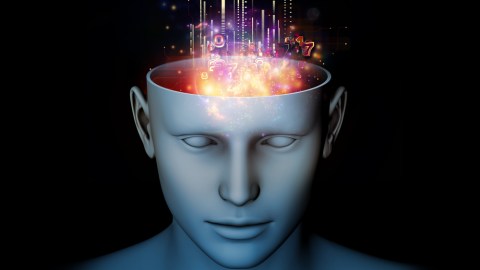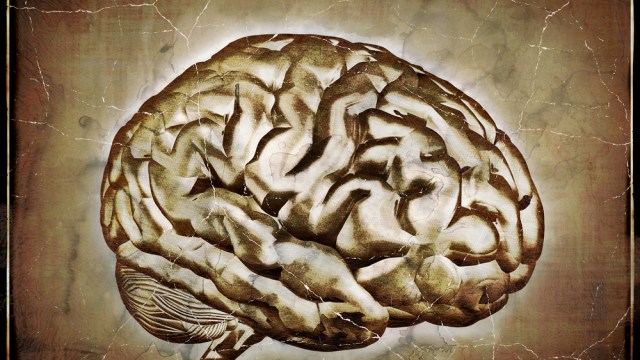Consciousness is Still the “Hard Problem” of Neuroscience

Consciousness is one of the largest questions of brain structure and function. And we approach it now perhaps differently than we have in the past with our new tools. But I’m not convinced that we understand it any better.
The questions perhaps have become a little bit more sophisticated and we’ve become more sophisticated in how we ask the question. But in terms of understanding, the awareness that comes from binding remote activities of the brain together, it still remains what philosophers call, “The hard problem.” We… but you hit the nail right on the head of kind of where the black hole in our science is because we can understand basic mechanisms of neuro-responses in the effort to record sensory stimulation or in volitional efforts, such as food gathering or problem-solving.
But we don’t really understand how that neuro-activity creates consciousness or the awareness of one’s self. But it’s not different than a lot of other aspects of brain functions that we don’t understand. For example, we don’t understand how the brain creates colors, for example. That’s a percept that is a very private percept and I don’t know that your perception of blue is like my perception of blue, for example. Smells are another one. I don’t know that your perception of the smell of an orange is like mine. And so again, these are the hard problems of neuroscience and philosophy that we haven’t made a great deal of progress on.
We have made progress in the field of consciousness clinically, however. When disorders of consciousness have been graded from, say, coma to vegetative to minimally conscious states, and we have been able to use functional imaging to detect the activity that would be associated with cognitive processes or awareness in patients who were unresponsive. And so, unconsciousness, the absence of consciousness, has been… has been at least, I want to use the word… the boundaries have been broken a little bit, clinically, as we study patients with disorders of consciousness, we can probe their levels of awareness in ways that other traditional ways of asking them to respond.
So we’ve made a little progress, perhaps in applications, but not a lot of progress in understanding the hard problem.
In Their Own Words is recorded in Big Think’s studio.
Image courtesy of Shutterstock





